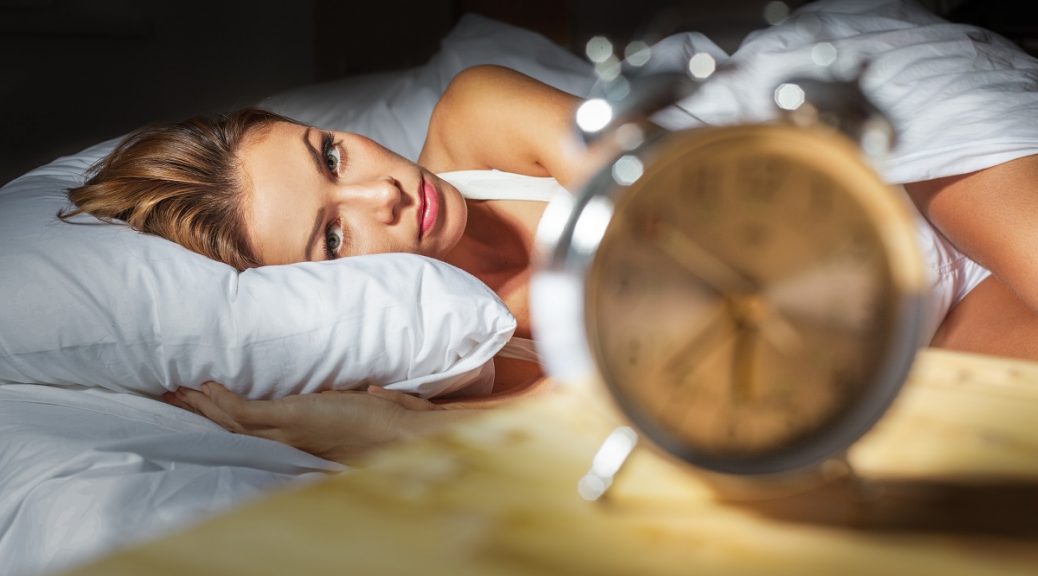
Supplements to Improve Sleep
By medical nutritionist Dr Sarah Brewer, an expert in food, herbs and supplements
Difficulty falling asleep affects most of us at some time, and in around half of cases is related to anxiety with whirling thoughts making it difficult to relax. It’s important to avoid overindulgence in substances that interfere with sleep such as caffeine (eg coffee, tea, chocolate, colas), nicotine, alcohol and rich or heavy food – especially close to bedtime. The following supplements can also help:
Magnesium
Magnesium promotes sleep as it is involved in the synthesis of melatonin – your natural sleep-inducing hormone. Magnesium also has a relaxing effect on muscles and helps to prevent restless legs syndrome – an annoying jerking of the legs which makes getting off to sleep more difficult.
When taken by mouth, magnesium can have a laxative effect at doses above 400mg per day (not always a bad thing!) Some people are more sensitive to this effect than others, and is easily overcome by absorbing magnesium through the skin, instead. Either rub magnesium oil into your skin, or have a relaxing bath containing magnesium salts.
5-HTP
5-HTP (5-hydroxytryptophan) acts as a building block to make brain chemicals such as serotonin which, in turn, can be converted into melatonin. Studies show that 5-HTP can help you fall asleep faster and improves the architecture of sleep. It extends the length of time spent in REM (rapid eye movement, or dreaming) sleep, so you wake up feeling more refreshed. It is especially helpful for people with a condition known as fibromyalgia, in which widespread pains, fatigue and sleep disturbance have been linked with low levels of serotonin.
Lavender oil
Lavender oil has a sedative effect and is often sprinkled on a hanky tucked under a pillow to improve sleep. Lavender oil capsules are now also licensed as a traditional herbal medicine to relieved symptoms of mild anxiety, such as stress and nervousness, which can interfere with sleep. Clinical trials involving 2,200 people show that lavender oil is as effective as prescribed lorazepam for treating mild anxiety, with benefits seen within two weeks. For safe oral use, the oil must come from the flowers of one particular species of lavender, Lavandula angustifolia Miller, and be prepared to pharmaceutical standards. Don’t be tempted to take normal lavender essential oils, as these may contain synthetic chemicals, pesticides or other impurities.
Valerian
Valerian is a traditional herbal remedy that reduces anxiety and helps to improve sleep quality. Valerian appears to work in a similar way to a calming brain chemical called gamma-aminobutyric acid (GABA). This reduces anxiety and restlessness, with a calming action that reduces turmoiled thoughts and allows you to achieve a deeper level of sleep more quickly.
Rhodiola
Rhodiola is another traditional herbal medicine that has a calming action, increasing levels of serotonin to improve mood while also suppressing the stress hormones, cortisol and adrenaline. Rhodiola has an energising action which is particularly helpful when burn-out causes sleep difficulties with fatigue and lack of energy.

About Dr Sarah Brewer
Dr Sarah Brewer is a medical nutritionist and an expert in food, herbs and supplements. She qualified from Cambridge University with degrees in Natural Sciences, Medicine and Surgery. After working in general practice, she gained a Master’s degree in Nutritional Medicine. Sarah is a licensed medical doctor, a registered nutritionist and a registered nutritional therapist.
Subscribe to her newsletter to get a FREE 46-page PDF Do You Need A MultiVitamin? at nutritionupdates.subscribemenow.com.
For more information on diet and supplements, visit Dr Sarah Brewer’s Nutritional Medicine website at www.DrSarahBrewer.com and follow her on Twitter.